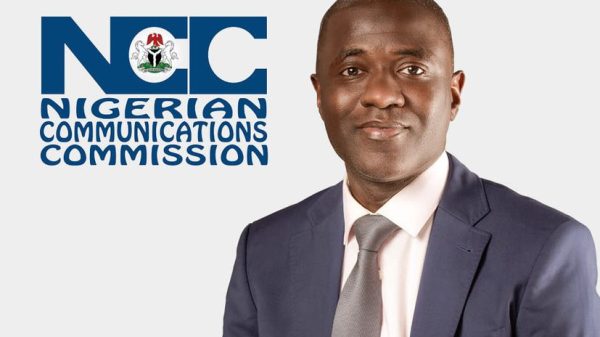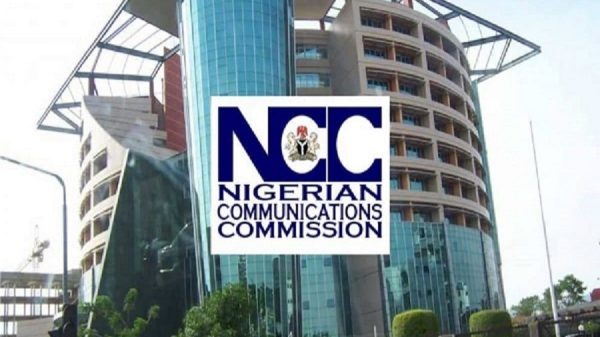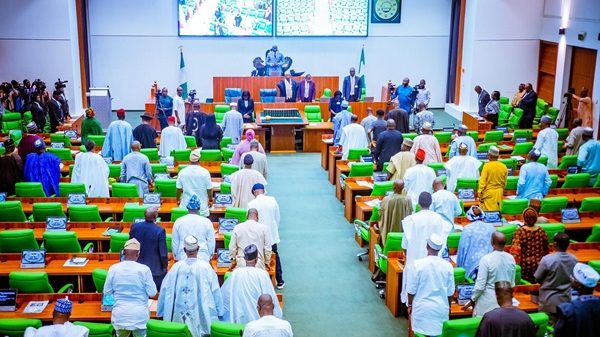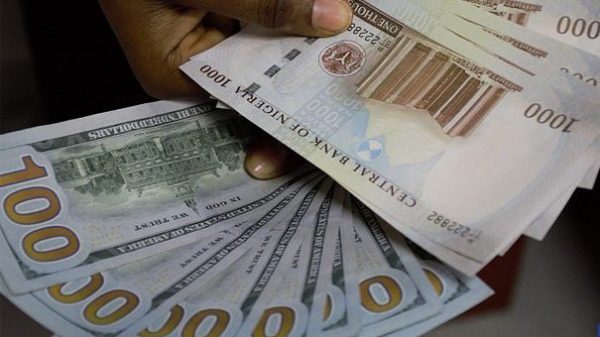The number of active Internet Service Providers (ISPs) in Nigeria has dropped from 252 in May to 242 in July, according to the latest data from the Nigerian Communication Commission (NCC).
While two new companies—Sulfman Consulting Ltd. and NGCOM Lastmile Solution Ltd.—received ISP licenses on July 1, twelve other ISPs surrendered their licenses in June.
The ISP sector is being limited by factors such as anti-competitive practices, insufficient spectrum, high bandwidth costs, expensive Right of Way, and poor corporate governance have contributed to this decline.
Again, the rollout of 5G by major mobile operators like MTN and Airtel has prompted some enterprise customers to switch to 5G routers, further impacting traditional ISPs.
The industry regulator, the NCC, seems concerned over the declining number of ISPs and has pointed out that many have opted not to renew their licenses.
This trend is not new; around March 2022, 568 licensed ISPs become inactive. The issue of non-renewal has been attributed to competitive pressures and unfavourable regulatory conditions.
David Omoniyi, CEO of VDT Communications Limited, one of Nigeria’s leading internet service providers, has called for government intervention to support the ISP sector.
He noted that ISPs, mostly small and medium enterprises (SMEs), are essential for achieving the goals outlined in the National Broadband Plan 2020-2025.
Omoniyi pleas for regulatory adjustments that would better support smaller ISPs and prevent the market from becoming monopolized by larger mobile network operators (MNOs).
Despite the challenges, internet service providers remain vital in extending internet services to underserved areas. However, the supremacy of MNOs like MTN, Airtel, Globacom, and 9mobile, which collectively had 163.8 million active internet subscriptions in Q1 2024, is a huge competition.
In contrast, the leading ISPs had a combined total of 262,206 active customers during the same period.
The recent NCC study states that to sustain ISPs, there may need to be a regulated increase in data prices, as the current market conditions have led to artificially low data prices due to intense competition.
This measure could help ensure the survival and growth of smaller ISPs, enabling them to continue contributing to Nigeria’s digital infrastructure.
![]()


























































